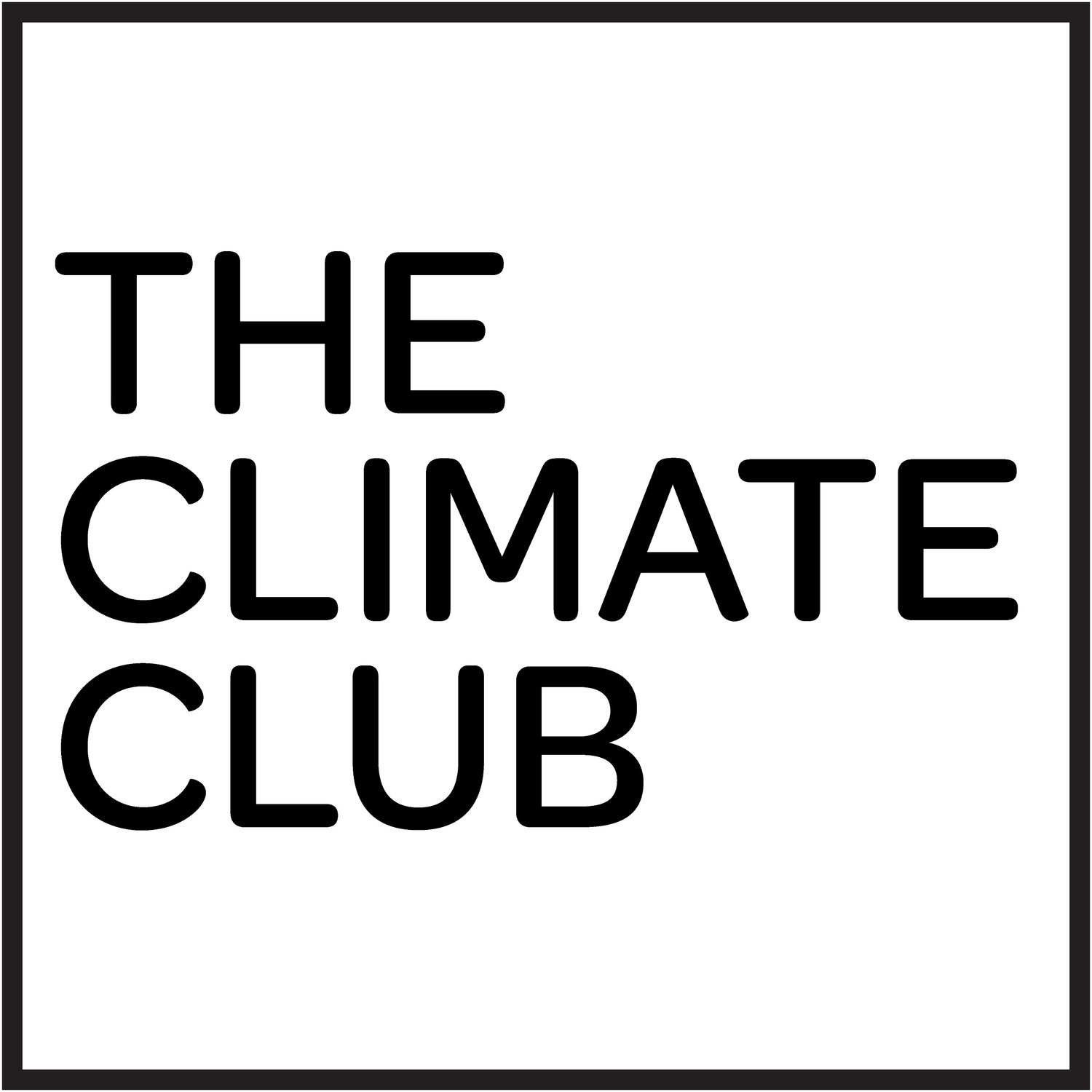New Justice Department Office Established to Address Environmental Justice
Environmental justice and human rights
On January 27th, 2021, the Biden-Harris Administration released Executive Order 14008, titled “Tackling the Climate Crisis at Home and Abroad.” The Executive Order attempts to put the climate crisis at the center of United States federal policy by instituting various small-scale reforms, as well as implementing some important new offices. One such agency will be the Office of Environmental Justice, housed under the Department of Health and Human Services (HHS). It is the first office of its kind and is unique in a variety of ways. unique in a variety of ways.
The definition of environmental justice has shifted dramatically from its original understanding. While the movement itself was popularized in the 1980s, environmental justice-related activities can be traced back to the 1960s Civil Rights Movement in the United States, which drew attention to the dangerous state of public health in marginalized communities of color.
One of the major milestones in the government’s actions toward seeking environmental justice was the Clinton-Gore Administration’s Executive Order 12898 in 1994, entitled “Federal Actions to Address Environmental Justice in Minority Populations and Low-Income Populations.” The EO sought to identify the adverse environmental health outcomes affecting low-income and minority populations and develop strategies to combat these issues. The United States Federal Government has since adopted a working definition of environmental justice that it utilizes across all departments:
“Environmental justice (EJ) is the fair treatment and meaningful involvement of all people regardless of race, color, national origin, or income with respect to the development, implementation and enforcement of environmental laws, regulations and policies.”
In response to calls in the Biden Administration’s EO to create offices to address the issue, the Office of Environmental Justice was officially established in May 2022. It resides within the Office of Climate Change and Health Equity under the direction of the Assistant Secretary for Health. Upon its establishment, Attorney General Merrick Garland gave remarks at a press conference detailing the role of the office and its future work:
“In our environmental efforts, we will prioritize the cases that will have the greatest impact on the communities most overburdened by environmental harm.
“And together with our Civil Rights Division, Office for Access to Justice, Office of Tribal Justice, and United States Attorneys’ Offices, OEJ will prioritize meaningful and constructive engagement with the communities most affected by environmental crime and injustice.”
The Office plans to pursue the furthering of environmental justice through various legal avenues available to the Department of Justice, including expanding enforcement mechanisms for those found violating environmental law. EPA Administrator Michael Regan suggests that this could take the form of environmental violators implementing local and community-level projects that provide a tangible benefit to an affected community, such as a new water system or air purification equipment, as part of their settlement.
The EPA Administrator is currently undergoing a “Journey to Justice” tour, which highlights the longstanding environmental justice violations occurring across all parts of the country. The OEJ will no doubt be involved in the follow-up to this initiative.
The OEJ is currently led by Acting Director Cynthia Ferguson, who previously worked on environmental law issues in her work with the Environment and Natural Resources Division of the Department of Justice.

